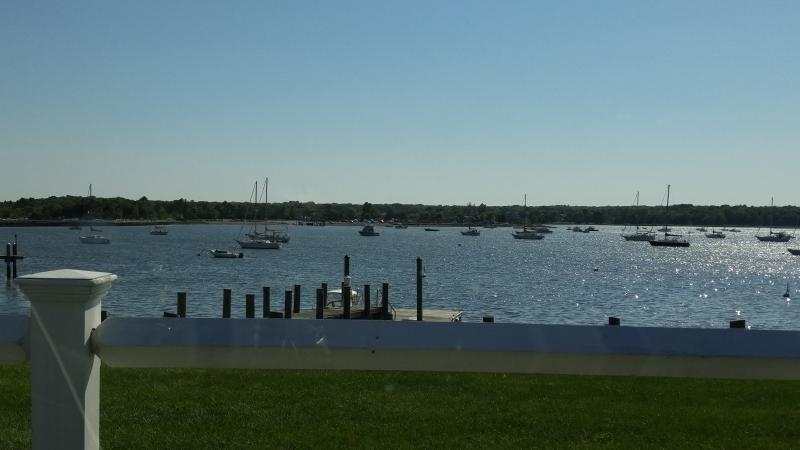Buzzards Bay Coalition: nitrogen pollution did not worsen
Pollution in Dartmouth's waterways, and in the Buzzards Bay overall, has not gotten worse over the past four years.
Every four years, the Buzzards Bay Coalition releases its State of the Bay report, which ranks the health of the bay in several key areas, including pollution caused by nitrogen, bacteria and toxins, the health of the watershed, and the health of living resources. This year the Coalition finds: pollution in the bay did not get any worse.
In the latest report released on August 1, the Coalition noted a significant milestone in the environmental recovery of Buzzards Bay: nitrogen pollution did not worsen for the first time since the nonprofit began tracking the environmental health of the bay in 2003.
Nitrogen pollution is caused when runoff from septic tank systems, wastewater treatment plants, fertilizer, and other predominantly human sources enters the water table and seeps into the bay, according to the report. Elevated nitrogen levels can encourage the growth of algae, which can cause local fish, shellfish, and other marine life to disappear.
For Dartmouth Harbormaster Steve Melo, the news does not come as a surprise. He has had a sense that pollution in Buzzards Bay has been improving over the past few years. Melo said that in the past, he used to see frequent fish kills–large quantities of fish that die at the same time due to a lack of oxygen.
“In my eyes, we’re seeing signs [that pollution has improved],” Melo said. “We have had fewer fish kills. They still do occur, but I do see improvement from what I saw as a kid.”
Melo said the fish deaths are usually a result of nitrogen pollution, which causes the growth of oxygen-depleting algae.
In recent years, Melo said he has also been seeing progress in Clarks Cove, where shellfishing has successfully been reintroduced, although mostly on the New Bedford side of the cove. Melo said he hopes to see improvements make their way to the Dartmouth side as well.
The Dartmouth Harbormaster’s Office has been undertaking several programs to reduce pollution in Dartmouth waterways and Buzzards Bay. Melo pointed to the office’s free, waste pump-out program. The Harbormaster’s Office uses special boats to pump out sewage holding tanks for boaters.
“The best way [to prevent] nitrogen pollution is to prevent the introduction of it to marine environments,” Melo said, noting that the waste pump-out program helps to prevent nitrogen from marine holding tanks from being dumped into Buzzards Bay.
Overall, the State of the Bay report ranked the health of Buzzards Bay at 45 out of 100, the same rank it achieved in 2011. The report also found no change in bacteria and toxic pollution, nor in watershed health. In living resources, the report found no change in eelgrass populations, but found a decrease in the bay scallop population, which is still suffering from the effects of nitrogen pollution. River herring populations increased slightly.














